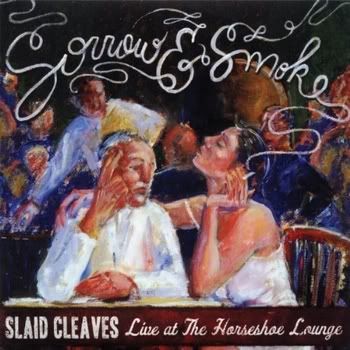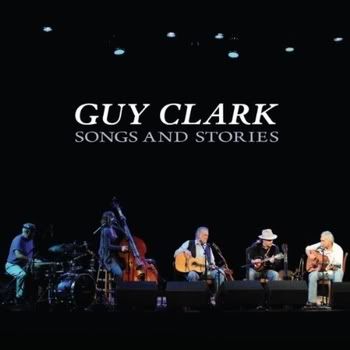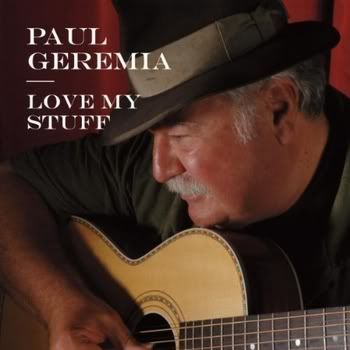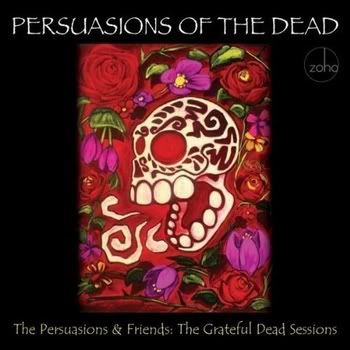
There are times in a musician’s career when they take a moment to reflect on the past. Joni Mitchell twice summed up phases of her career with live albums, before making her next bold leap. A greatest hits or “best of” album can be a contractual obligation at times, but sometimes it can be an artist taking stock of their work to date. And a reissue, especially if it comes with extras, can allow an artist to revisit a moment in time, and sometimes even fix mistakes. Recently, enough albums like this have come my way to make a post, and here it is. When I set out to do this post, I neglected to take into account that albums like this often have generous amounts of music on them. So, where most of the albums I deal with have just over a half hour of music, four of the albums heard here are over an hour long each; that’s why this post is so late, and I would like to thank my regular readers for your patience. Consumer warning: three or four of the artists in this post, depending on your musical taste, make musical sense together, but then things go off the rails. All of these artists are here because I really enjoy their work. I hope you will keep an open mind, and enjoy them too.

Slaid Cleaves: Broke Down
[purchase]
Slaid Cleaves’ album Sorrow & Smoke is not only a look back, but also a homecoming. The Horseshoe Lounge in Austin Texas is where Cleaves made his breakthrough. At a pair of shows there last year, Cleaves played many of the songs from his breakthrough album Broke Down, including the song Horseshoe Lounge. Music from three other albums is included here, as well as some choice covers of other Texas songwriters. On his studio albums, Cleaves is usually accompanied by a full band, but here he has just another guitar player and a keyboard player with him. The keyboard is usually either a piano or the accordion heard here. So the songs are presented here in an intimate setting, and Cleaves’ talents as a singer and songwriter shine through. I chose the song Broke Down as much for the fact that it was the title track of Cleaves’ breakthrough album as anything else. The quality of the music is remarkably consistent over the length of Sorrow & Smoke.

Guy Clark: The Cape
[purchase]
On Songs and Stories, Guy Clark looks over his career with the help of his full band. The “Stories” in the album title are mainly song introductions, but the songs are more than enough to make up for that. Some of the older songs here got a country treatment in their original studio versions, but now the arrangements are more on the folk side of things, and the songs are better for it. Guy Clark turned 70 this year, and you can hear his age in his voice. But he takes the gravelly sound he makes now, and makes use of it. The Cape is one of many songs here that sound different when sung with the voice of experience. It says a lot about Clark’s strength as a writer that his age has caught up to his material, but he was able to write these songs when he was so much younger. Wisdom, warmth, and humor all come through wonderfully. Clark is a generous host, letting his bandmates Verlon Thompson and Shawn Camp take the lead on two songs each. Overall, Songs and Stories is an album that leaves me feeling that I have spent just over an hour in some very good company.

Paul Geremia: Lovin‘ Sam (The Sheik of Alabam‘)
[purchase]
For Love My Stuff, Paul Geremia went through recordings of his live performances throughout his career, and compiled an album from them. This is a generous sampling of 18 songs, most of which have never been on an album before in either a live or a studio version. Geremia is an old style blues artist. Before World War II, most blues artists lived and worked in the American South. The music was acoustic. In blues, musicians do what is called bending notes, which is sliding a note sharp or flat for emotional effect. Those old blues players would bend time the same way, stretching or compressing a musical phrase. To modern ears, this can sound sloppy or like a mistake, but it is done on purpose, and it is a powerful technique once you know what you are listening to. Paul Geremia is the only modern blues artist I have heard who plays this way, and he does it very well indeed. Geremia applies this technique to folk blues and to jazzier numbers as well, and either way, it works beautifully.

[purchase Persuasions of the Dead]
Sometimes, there are second chances. In 1999, The Persuasions went into the studio and recorded the tracks for their album Might as Well. This was a set of songs that the Grateful Dead had become known for, so it might have seemed to be an odd project for the legendary a capella group. But the Persuasions had previously done an album of Frank Zappa songs, and they were never afraid to add unusual songs to their repertoire. Normally, The Persuasions took pride in the rich sounds they made with just human voices, but Might as Well had guest musicians, including not only more voices but also instrumentalists too. Producer Rip Rense was never quite satisfied with the resulting album, but group leader Jerry Lawson left the group in 2003, and that seemed to be that.
Fast forward all the way to this year. Somehow, Rense managed to reconvene the entire group, including Lawson, and create a new version of the album. It has a new name, given by Tom Waits: Persuasions of the Dead. The new name is warranted, because the album has been resequenced, with songs that never made it onto the original album. Some of the original instrumental parts have been toned down, but there are also entirely new instrumental parts, some by musicians who were not even part of the earlier sessions. The Persuasions and the other singers on the album have redone some of their parts, and the whole thing has been remastered. The results sound glorious. With all that goes on here, the album shines the spotlights in the two places they belong: the singing sounds full and rich, and the quality of the songs shines through.
Sadly, I do not have permission to share songs from Persuasions of the Dead with you. The same thing happened when I reviewed the last Persuasions release, Live at McCabe‘s Guitar Shop. Happily, I do have to permission now to share some of that music, so here it is. You can buy Live at McCabe’s at the link below, but there is also a combo deal on the site for Persuasions of the Dead, if you would like to buy both albums together.
The Persuasions: Peace in the Valley
The Persuasions: Under the Boardwalk
[purchase Live at McCabe‘s]

Ljova: Midnight Oil Change
[purchase]
What have we here? Midnight Oil Change opens with the most haunted accordion part you may ever hear, just two chords alternating, like the beating of the Tell-Tale Heart in its effect.. That is soon joined by an electric guitar. The third instrument you hear is a viola being plucked. For lack of a better term, and taking the album this comes from as a whole, this would be considered classical music. The composer and violist is Ljova. It isn’t too hard for me to imagine a more conventional orchestration for Midnight Oil Change, especially once the strings and brasses enter. But Ljova isn’t about conventional. Lost in Kino is a collection of music Ljova wrote and recorded for films during the years 2006 to 2011. Most of these are what might be called “deep independent films”, the sort you would have to dig to find. They include short films, animation, and documentaries. I doubt that many of them had soundtrack albums. So Ljova wanted to preserve this music, but also focus on pieces that would work without their visual context. The songs in the first half of the album were recorded with the gypsy band Romashka, who I need to find out more about. Much of the second half is Ljova playing multiple parts on the viola and the famiola, (like a viola, only with six strings where the viola has only four). Throughout the album, Ljova draws on folk music, mostly from eastern Europe, but also from Apalachia for one track, and China for another. The result is a wonderful document of Ljova’s work for film, but also an album of music that really works beautifully as a whole, and out of context. There is much here for the more adventurous fans of folk music to enjoy, and Lost in Kino is also a fine continuation of a classical music tradition of composers including folk melodies and motifs in their work.






0 comments:
Post a Comment